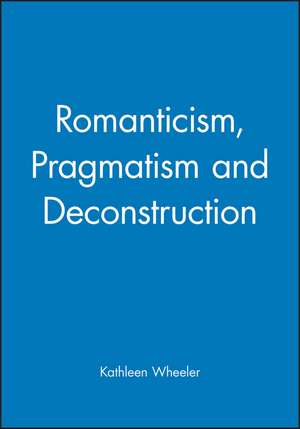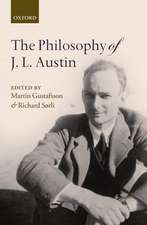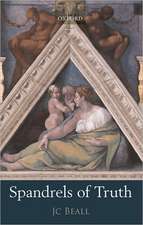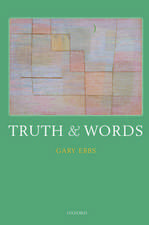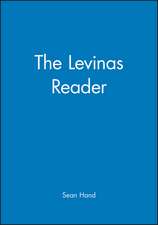Romanticism, Pragmatism and Deconstruction
Autor Kathleen Wheeleren Limba Engleză Paperback – 22 sep 1993
Preț: 451.32 lei
Nou
Puncte Express: 677
Preț estimativ în valută:
86.37€ • 89.84$ • 71.30£
86.37€ • 89.84$ • 71.30£
Carte tipărită la comandă
Livrare economică 15-29 aprilie
Preluare comenzi: 021 569.72.76
Specificații
ISBN-13: 9780631189640
ISBN-10: 0631189645
Pagini: 324
Dimensiuni: 152 x 229 x 18 mm
Greutate: 0.44 kg
Editura: Wiley
Locul publicării:Chichester, United Kingdom
ISBN-10: 0631189645
Pagini: 324
Dimensiuni: 152 x 229 x 18 mm
Greutate: 0.44 kg
Editura: Wiley
Locul publicării:Chichester, United Kingdom
Public țintă
upper–level undergraduates and above in literary theory; continental philosophyNotă biografică
Kathleen Wheeler is Lecturer in English at the University of Cambridge. She has published a book on Coleridge's poetry, edited an anthology of German Romantic Criticism, and has recently finished a book on Modernist Women Writers. She is presently working on a study of the literary strategies of certain philosophers, such as Plato, Berkeley and others.
Descriere
This book is an examination of three major literary, critical and philosophical movements in European and Anglo--American literature. It aims to show their differences (often pointed out) and their similarities (never yet demonstrated) and to make accessible recent post--structuralist theory.
